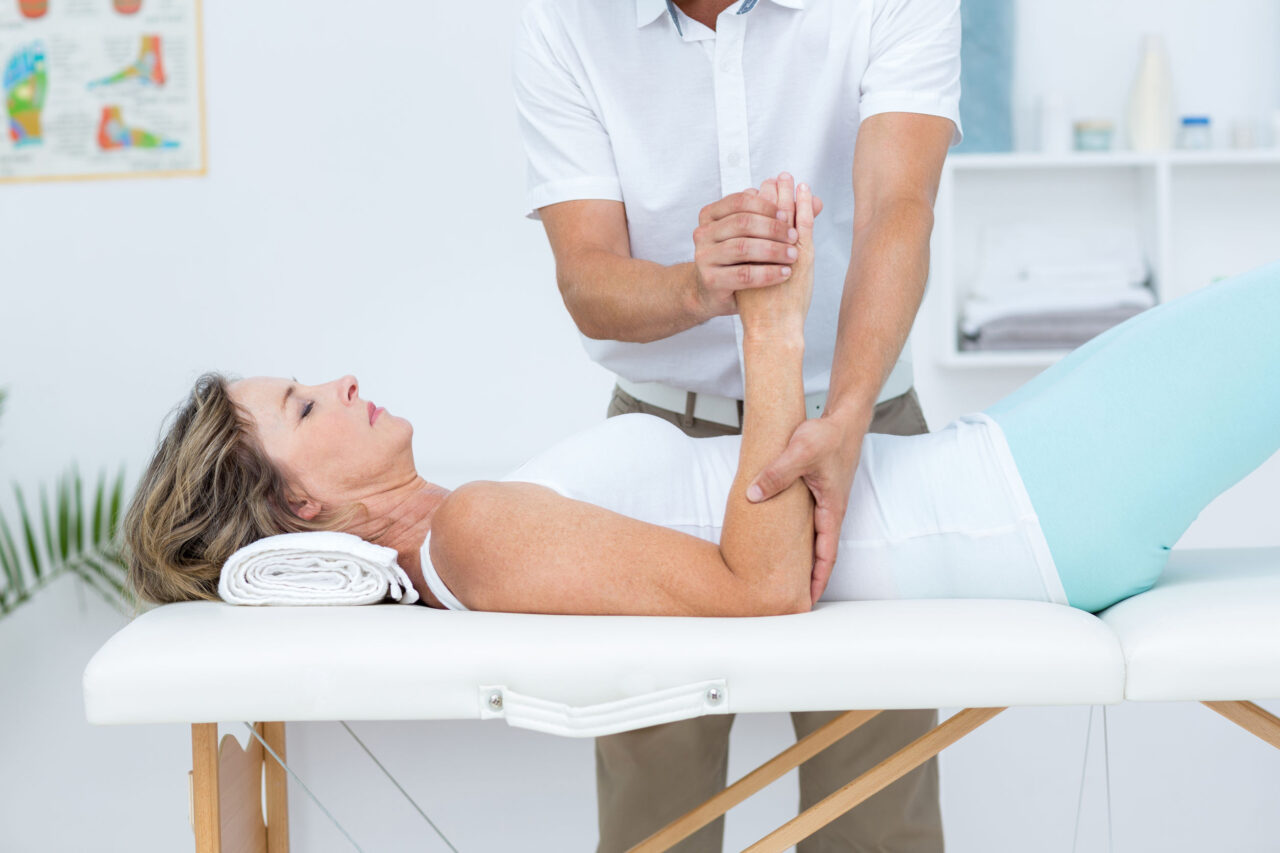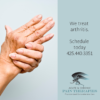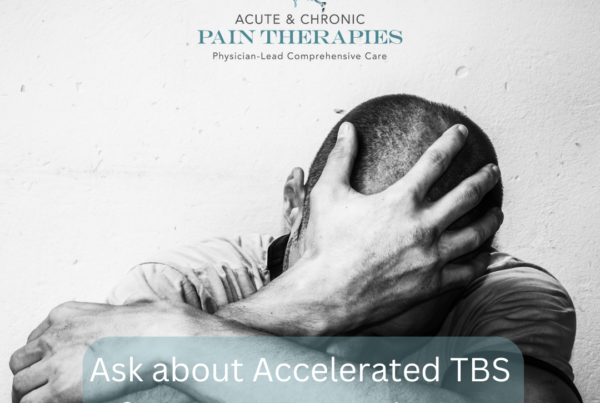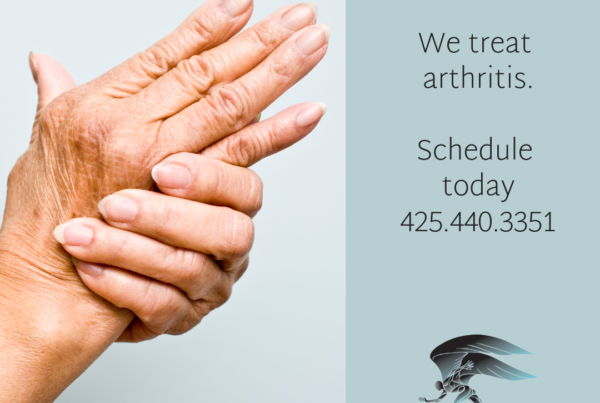
You have been scheduled for orthopedic surgery. Perhaps, it will be performed on the shoulder, elbow, forearm, wrist, hand, fingers, knee, leg, ankle, or foot.
A peripheral nerve catheter is one way to relieve pain after these kinds of surgeries. Just like at the dentist, a nerve block uses a novocaine-like medication to numb a specific area of the body to reduce and control pain following surgery.
The anesthesiologist will place a small hollow plastic tube (catheter) under the skin into the space containing the nerves that provide feeling to the area where surgery will be performed. A nerve block (a form of anesthesia/numbing agent) will be administered by way of the catheter and can last up to 5 days and can give significant pain relief.
This often reduces the need for addictive opioids which can also cause side effects including nausea and severe constipation.
At Acute Pain Therapies, we offer post operative nerve catheters placement after patients get out of the hospital or surgery center.
Benefits Of Post Operative Nerve Catheters
- Significantly reduce pain after surgery.
- Decrease the need for pain pills.
- Lessen side effects of oral pain medication, such as nausea, vomiting, itching, and sleepiness.
- Provide better rest following surgery.
- Allow easier participation in physical therapy, if needed, after surgery.
If you or someone you love is scheduled for orthopedic surgery, and especially if pain medication and/or opioids is a challenge you would prefer to avoid, we can help. Schedule a post operative pain block that lasts up to 5 days to help you after you get out of the surgery center or hospital.






